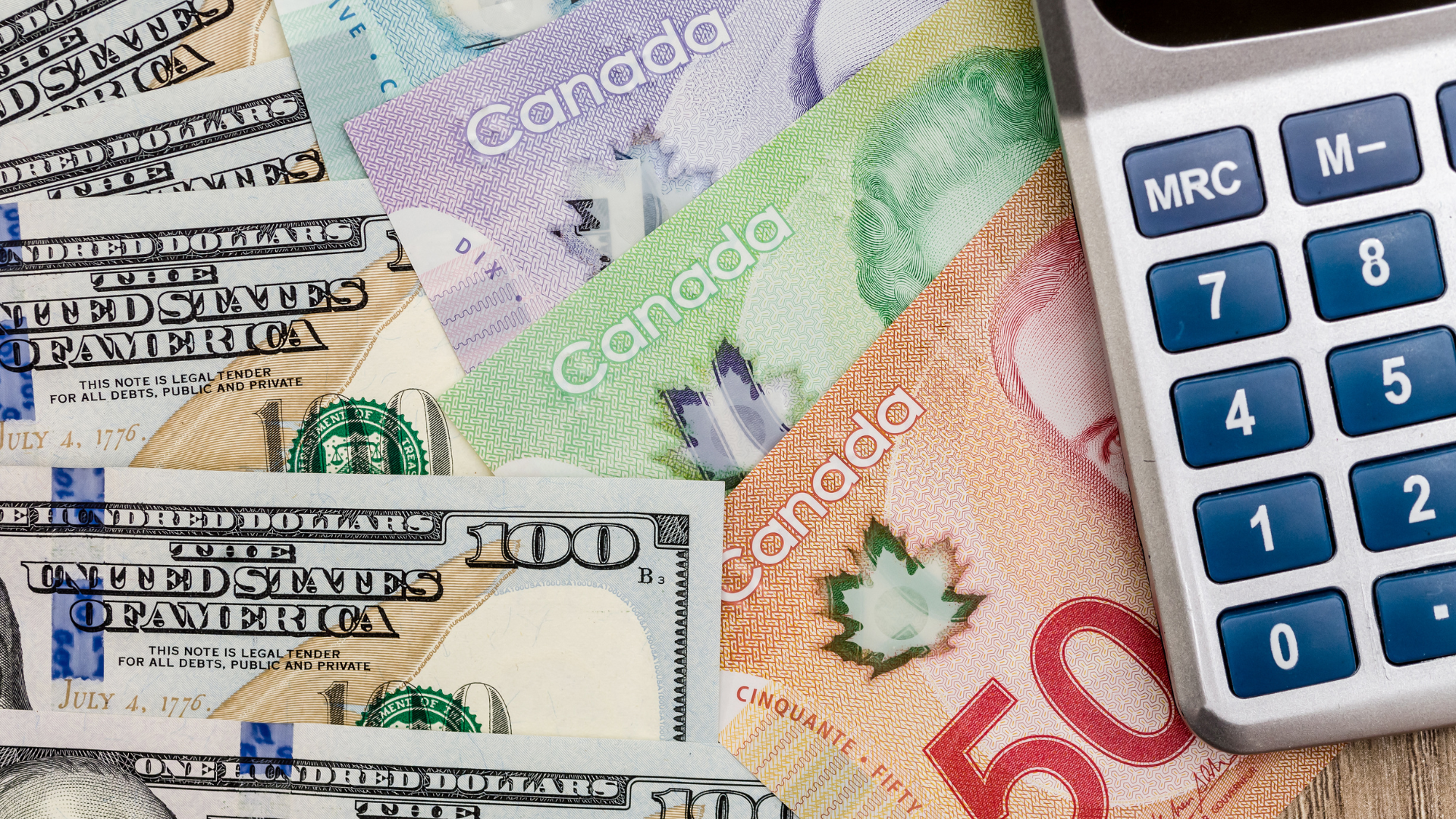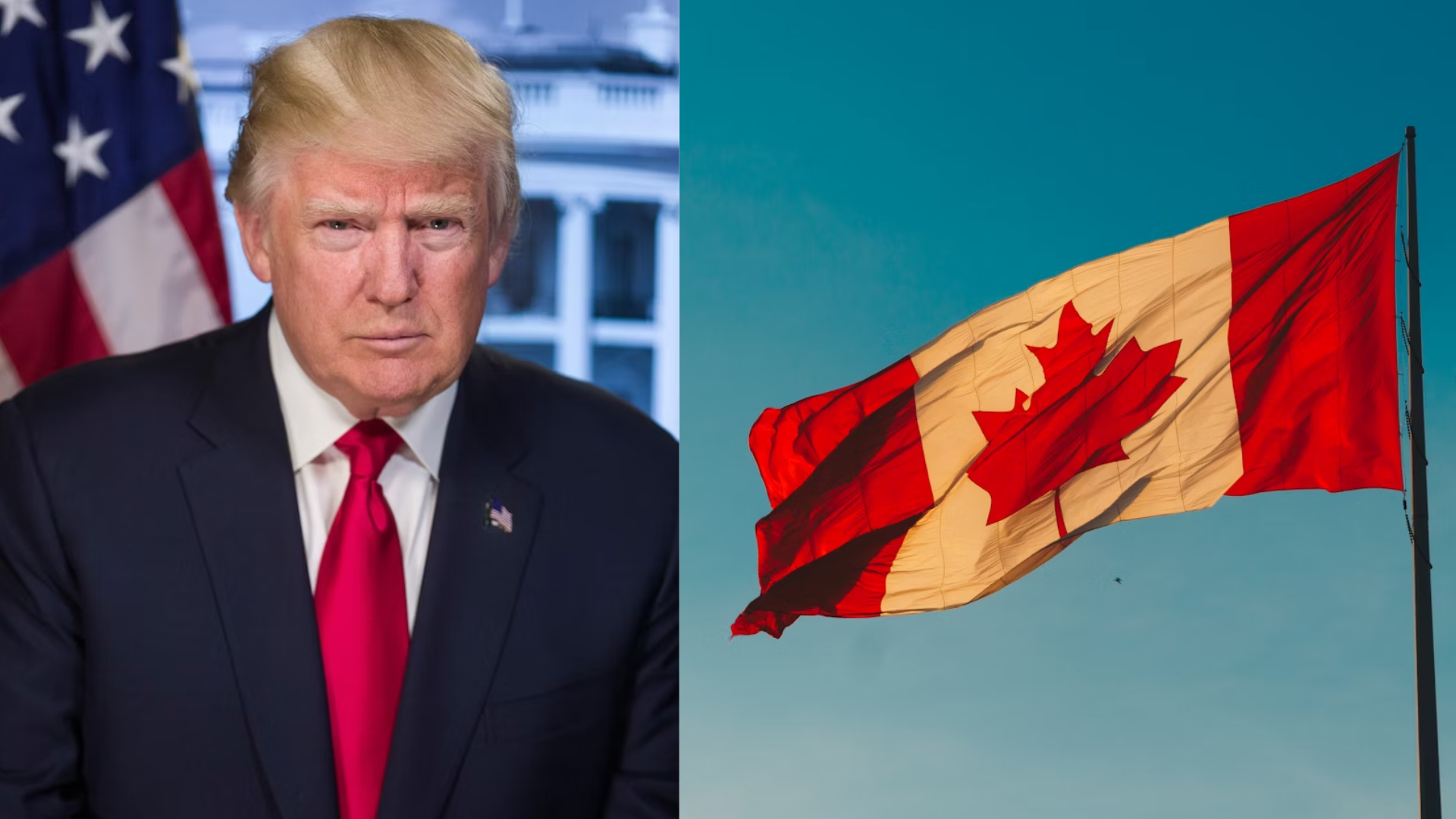The U.S. dollar advanced against the Canadian dollar on Monday, approaching the 1.3850 level as investors responded to signs of a potential easing in tariff-related tensions. The move marks a modest recovery for the greenback, which has recently been under pressure from soft U.S. economic data and shifting rate expectations.
USD/CAD climbed to around 1.3845, buoyed by news that officials in Washington and Ottawa may be nearing an agreement to roll back some trade measures that have strained bilateral relations in recent years. The possibility of a tariff de-escalation lifted broader risk sentiment and offered support to the dollar, even as oil prices—typically a tailwind for the Canadian dollar—remained steady.
While the Canadian dollar is often bolstered by firm energy prices, its gains were capped by cautious remarks from Bank of Canada officials who emphasized a data-dependent approach to future policy decisions. The loonie remains sensitive to global trade developments, with any sign of easing friction likely to provide short-term direction for the pair.
On the U.S. side, the dollar found additional support from stable Treasury yields and investor positioning ahead of this week’s key data releases, including inflation and consumer spending figures. The outlook for Federal Reserve policy remains uncertain, but traders are pricing in a reduced likelihood of immediate rate cuts.
Technical indicators suggest USD/CAD could challenge resistance near 1.3865, especially if trade talks continue to make progress or if Canadian economic data underwhelms. However, strong Canadian job or inflation numbers could quickly shift momentum back toward the loonie.
For now, the pair is driven more by headlines than fundamentals, with traders closely watching for concrete developments in tariff negotiations. If optimism holds, the dollar may extend its gains—but any setback in talks could reignite pressure on the greenback.
















